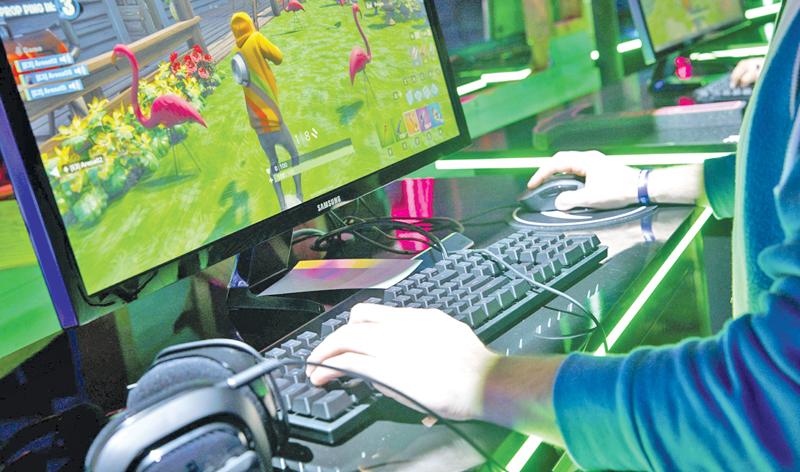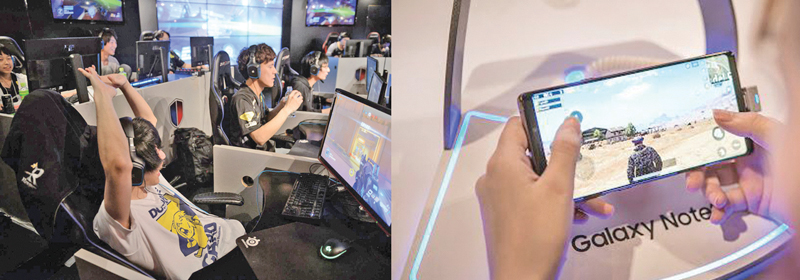
In the world of gaming and eSports, it is impossible to ignore the absolute titans of influence in the East. As a global industry, Asia has been dominating the gaming market for years. The Asian Pacific market revenue has been the double of North America as recently as 2019. In Asia, China, Japan and South Korea are especially notable as they are three of the top five gaming markets in the world. Along with North America, these three Asian nations helped shape gaming culture as a whole and have an extremely strong culture of gaming within them.
China is the single largest gaming market in the world and so has been known as the Gaming Industry Capital of the World. This is due to the massive player base as well as being home to many massive videogame companies and publishers with worldwide audiences, such as Tencent and NetEase. Despite this, China’s relationship with gaming has always been rocky at best. Due to being in a fragile economic state until the late twentieth century, China has been a relatively latecomer to the gaming industry. Its first contribution to gaming was its illegal imports and was infamous for its bootleg games, which alienated existing foreign gaming companies, crippling China’s gaming culture. This was followed by China almost completely banning all gaming consoles for fear of turning its youth towards gaming addiction, and though this was lifted in 2015, gaming was ostracized until very recently.
In spite of the weak start, China has had staggering growth over the years, with its revenue in 2019 being the double of 2014. Its biggest gaming related company, the tech conglomerate Tencent has full or partial ownership of some of the biggest names in gaming, such as Riot Games, the developers behind the online multiplayer giants League of Legends which has been credited as being the most popular game in the world, and Valorant, a popular new up and comer.
Also, Supercell, the developers behind the massively popular mobile games, Clash of Clans and Clash Royale and even Epic Games, developers of Fortnite and the Unreal Engine software.
The widespread nature of the Chinese gaming market comes with controversies that usually come from dealing with China. The government, the Chinese Communist Party, is closely involved with the gaming industry, and much of its influence can be seen in its censorship.
All games released in China require government approval which creates many ethical issues when considering what is allowed to be in games. Additionally, the data collection of users by these Chinese companies has been a major data privacy concern, not just for gaming but for many online media sourced from China. The hold that China has on online gaming through companies like NetEase, makes this an even more serious concern.
In addition to the concerns with games sourced from China, another major concern for the gaming landscape comes from the influence China has on foreign gaming companies.
As is the case for other media industries, China is a huge market for foreign media, and due to the restrictions for media within the country, outside media, in this case, games, must bend over backwards to adhere to these restrictions to create media acceptable by China. That so many games are forced to change the way they are made in order to be sold in China says volumes about the influence China’s market base has on the world. Because of this, China’s culture and values have shaped gaming culture, and this influence is not likely to weaken any time soon.

